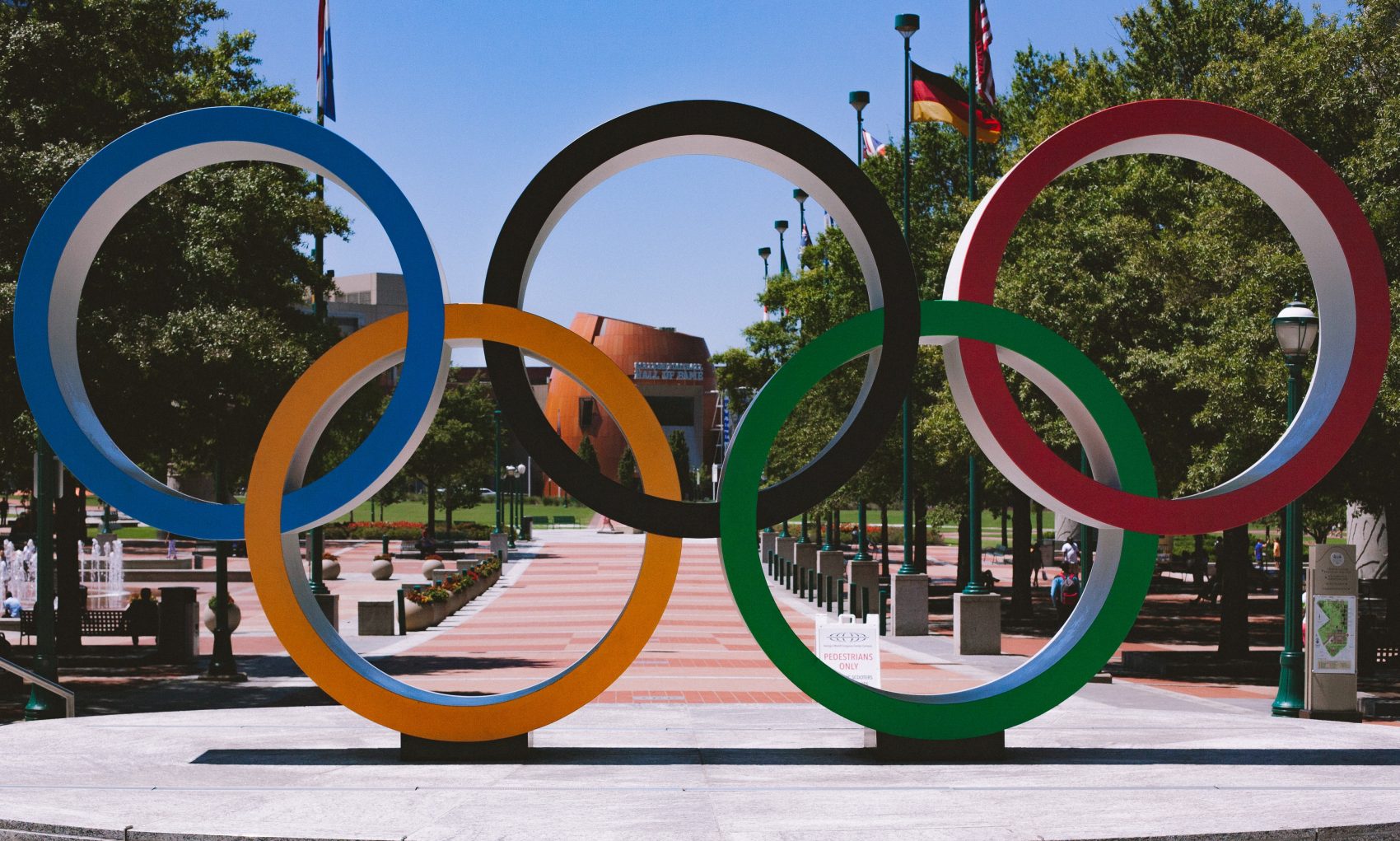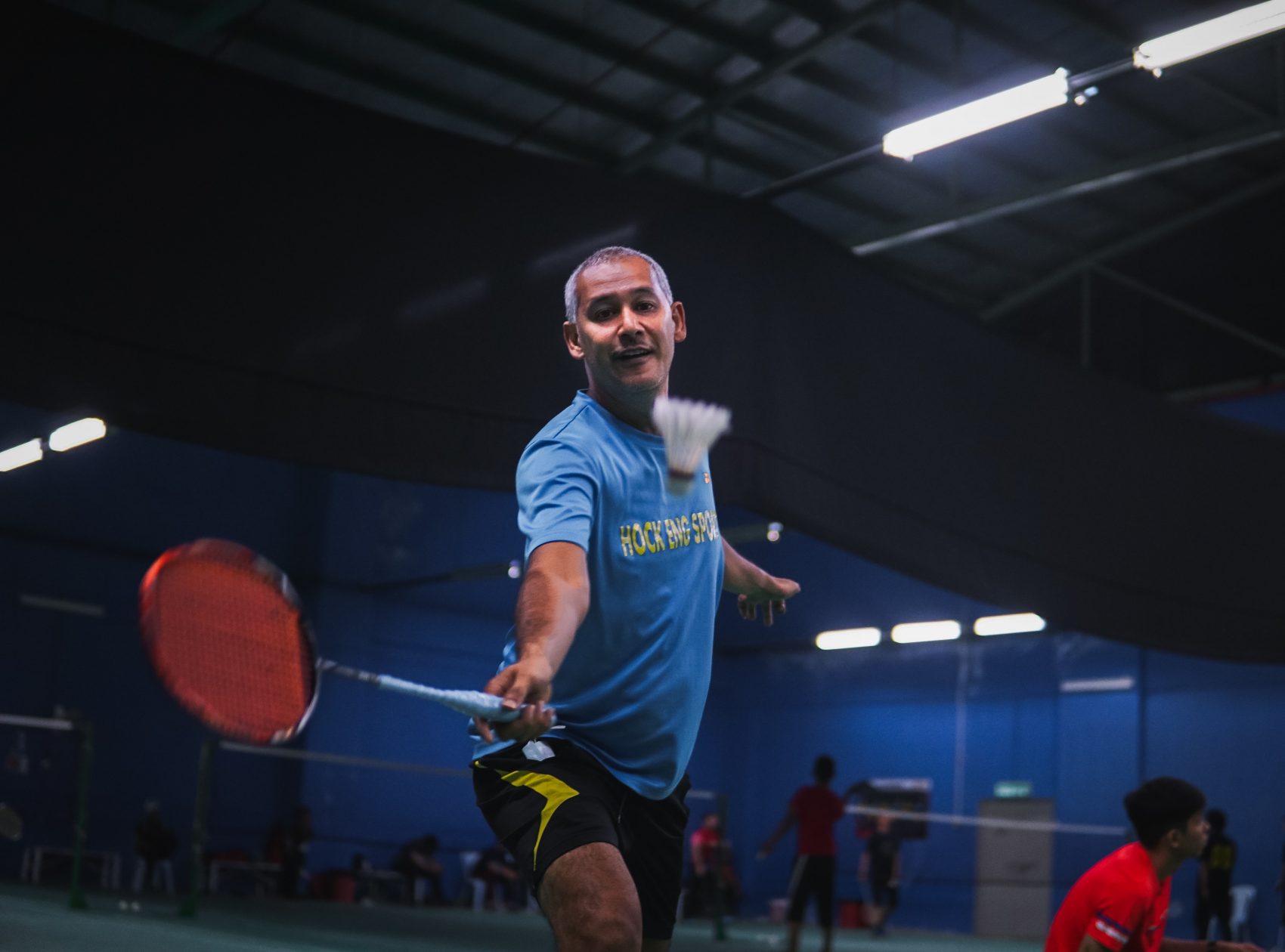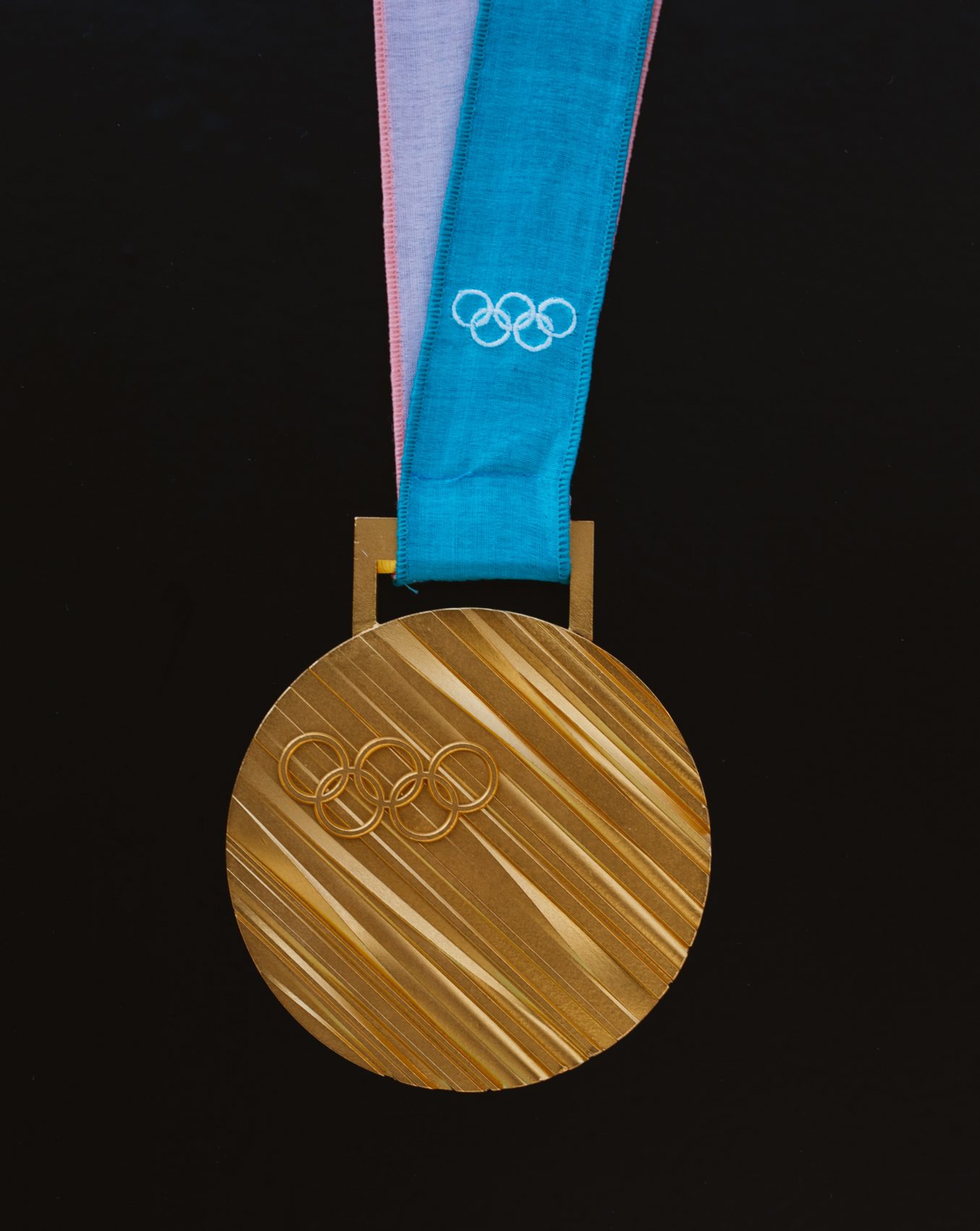
To outsiders, the Olympics are a pure sporting event, a rare opportunity where the world’s best athletes have the chance to compete against each other while pushing the limits of what humans can achieve. While the enthralling competition and sensational athletes catch most of the attention, few consider the hidden costs of the Olympic games that athletes often pay. Travel fees, training facilities, sports equipment, and medical care all stack to create a massive financial barrier to the games that are shouldered by Olympic hopefuls.
Training full-time leaves little room for employment or higher education needed to cover the myriad of expenses incurred by Olympic athletes. Although one would expect Team USA, which directs the Olympic program in the country, to support athletes financially, that assumption couldn’t be further from the truth. In reality, according to Olympic kayaker Shaye Hatchette, travel expenses are only covered once an athlete qualifies for the Olympics. Even then, there is no guarantee of making any money without medaling or gaining outside sponsorships, which are only offered to a select few athletes.
“Everything leading up to going to the Olympics is completely self-funded. Once you make it to the Olympics your travel expenses are paid for, but you won’t make money off of it unless you medal or get sponsorships from outside the United States Olympic and Paralympic Committee”

While sponsorships could help an athlete to reach the Olympics, realistically, only the most noteworthy and successful athletes have a shot at being sponsored. Additionally, nearly every Olympic athlete is classified as an “amateur,” meaning that they don’t receive compensation for playing their sport. One of the challenges of competing in a less popular sport, such as kayaking, is that it receives less funding from Team USA. As a result, many Olympic hopefuls have inadequate training facilities alongside a lack of personal supplies, leading some to start GoFundMe pages to help support their dreams.
The hidden cost of the Olympics is ultimately the financial struggle endured by athletes. Without training, an athlete will fall behind, without working, an athlete can’t support themselves, and without traveling to competitions, an athlete can’t qualify for the Olympics. The ultimate result of this cycle is wasted potential; numerous athletes are robbed of the chance to compete in their lives work due to financial barriers. For those that persist, the challenge remains spending nearly everything they earn on training and supplies for a chance of chasing the gold.
